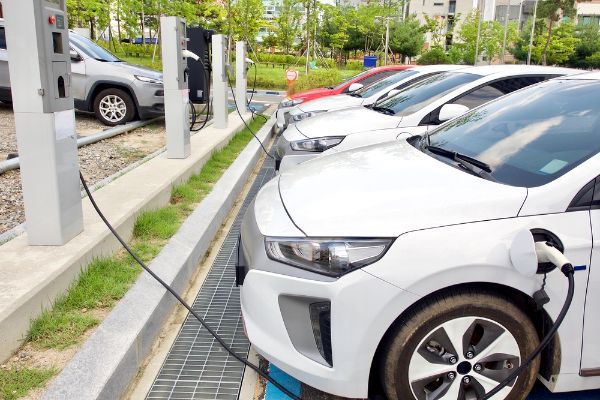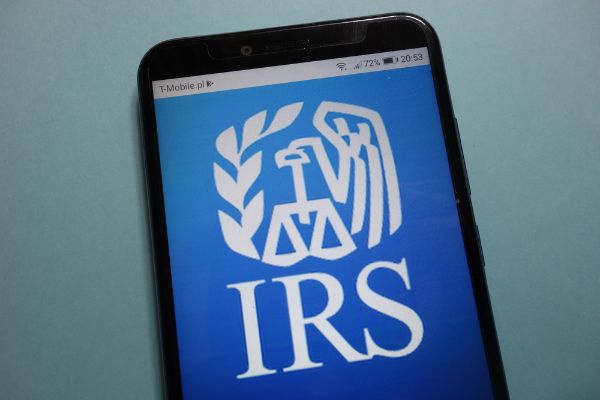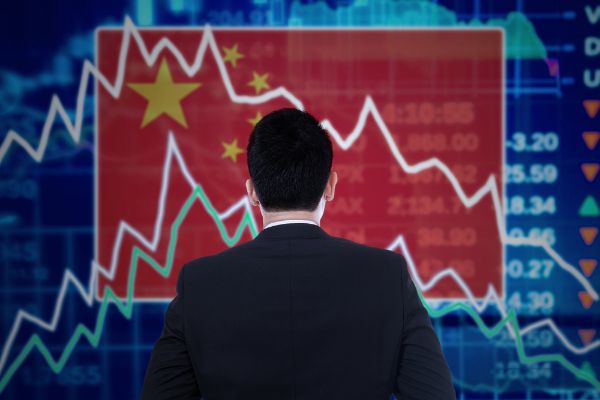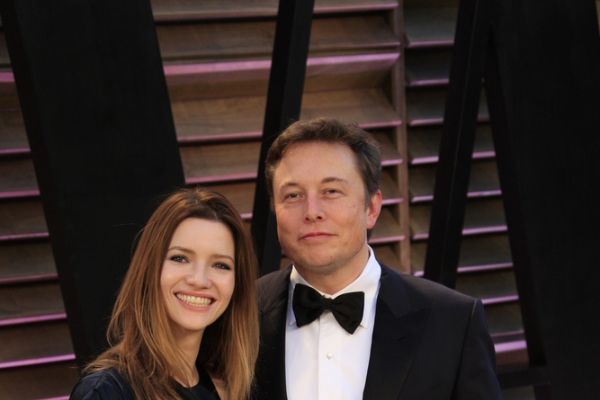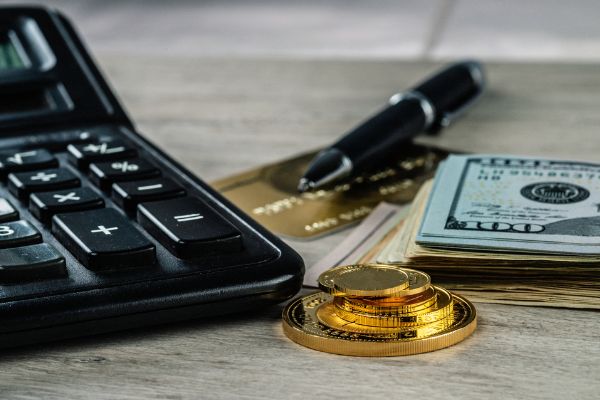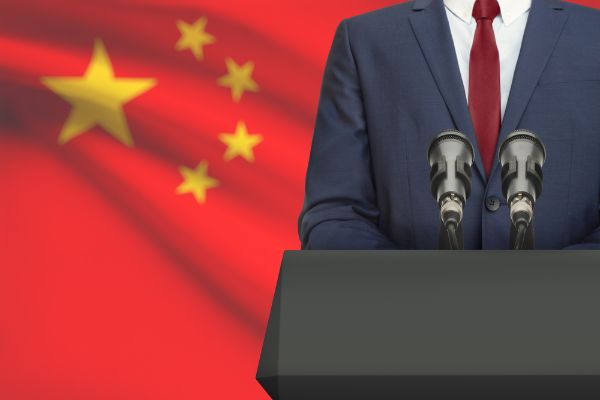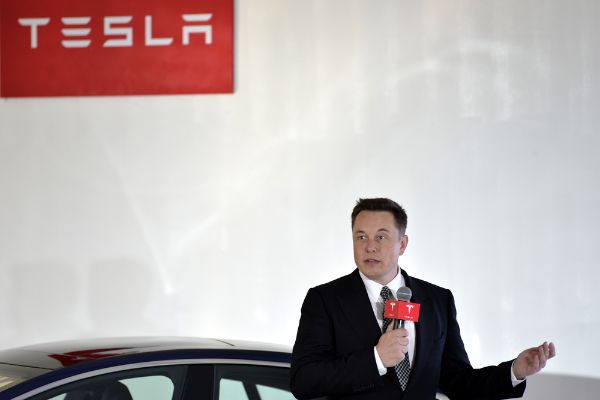As the auto industry produces more electric vehicles (EVs) than there are consumers in an effort to remain competitive with Tesla, unsold EVs are accumulating on dealer lots. Due to large stocks of EVs that no one wants to buy, luxury businesses in particular are having trouble.
According to research by Axios, despite the fact that customers may be expressing increased interest in electric vehicles (EVs), the widening gap between supply and demand implies that they are still hesitant to purchase one due to worries about the cost or charging.
When describing the situation, Jonathan Gregory, senior manager of economic and industry analysis at Cox Automotive, compared it to the famous line from the 1989 movie Field of Dreams, “If you build it, they will come.” Companies have created their electric cars in the automotive industry and are currently waiting for consumers, according to Gregory.
51 percent of buyers are now contemplating choosing a new or used EV, a rise from 38 percent in 2021, according to a poll by Cox Automotive.
The countrywide supply of EVs in stock has climbed by about 350 percent this year reaching more than 92,000 units, translating to a 92-day supply, according to Axios. However, sales are not keeping up with the increasing output. Tesla, which does business directly with customers, is not represented in this data.
Dealer inventories of gasoline-powered automobiles are only sufficient for 54 days. There is often a 70-day supply.
Luxury companies appear to be having difficulties, as seen by the fact that their EV inventories are significantly larger than those of other brands. According to data by Cox Automotive, the Korean luxury company Genesis, for instance, sold only 18 of its almost $82,000 G80 EVs in the 30 days before June 29 and had 210 on hand nationally, equating to a 350-day supply.
Other luxury manufacturers, such as the GMC Hummer EV SUV along with the Q4 and Q8 e-trons from Audi, have sizable inventories that are far above 100 days. A premium EV’s high price tag is already hurt by the fact that these cars frequently do not qualify for federal tax subsidies.

